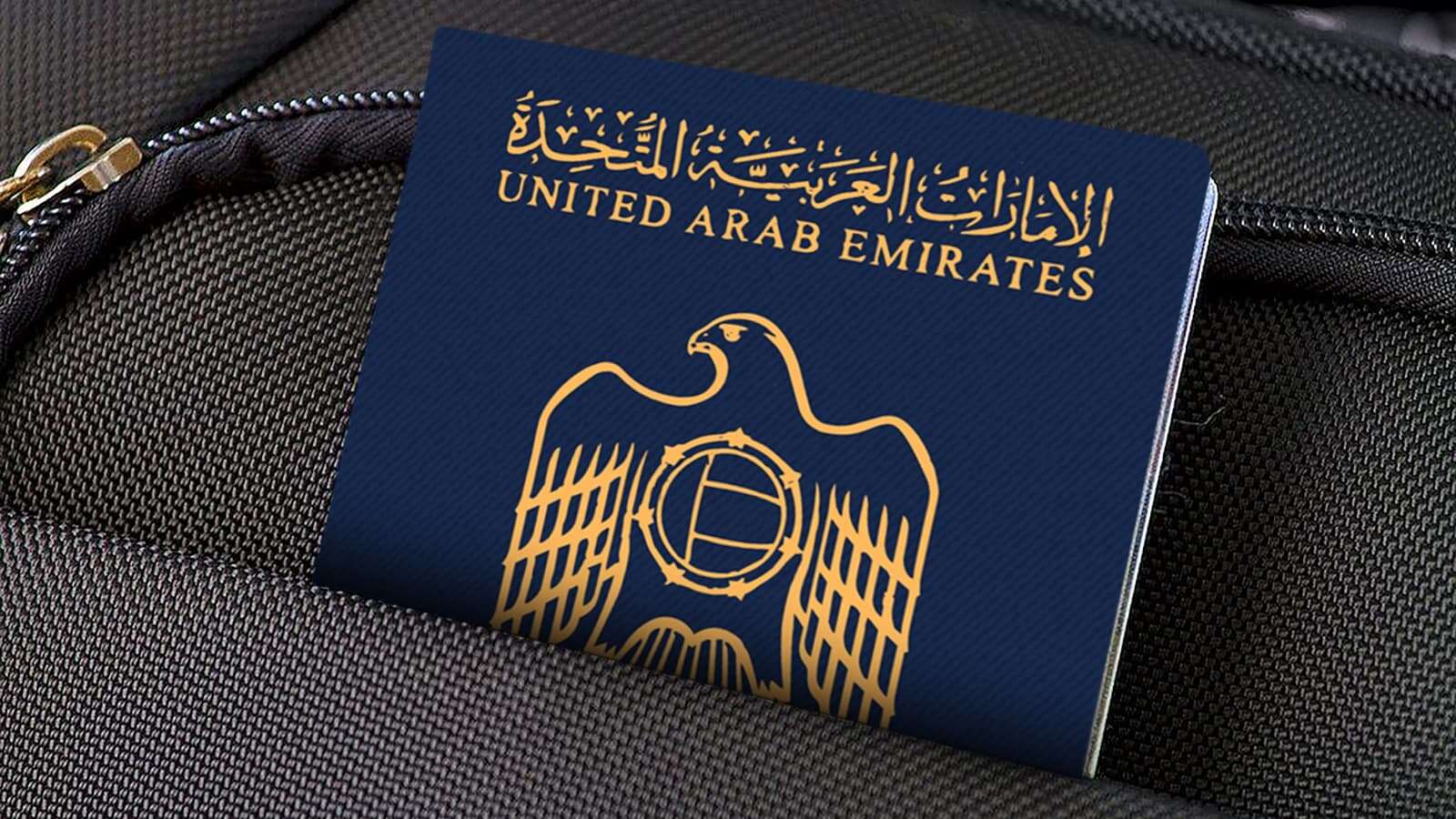The United Arab Emirates plans to offer citizenship to a select group of foreigners, the first Gulf Arab nation to formalize a process aimed at giving expatriates a bigger stake in the economy.
The major policy shift unveiled on Saturday is aimed at attracting talent in a way that will boost growth in the UAE, home to the Middle East’s finance and travel hubs and millions of expatriate residents.
Stock markets in Dubai and Abu Dhabi largely shrugged off the move — benchmark indexes in both cities lost about 0.5% on Sunday.
Foreign residents make up more than 80% of the population of the UAE’s seven sheikhdoms and have been a mainstay of the economy for decades. But they lacked a clear path to citizenship, including if they were born and raised in the country.
Oil-rich Gulf states have been forced to consider longer residency and limited citizenship for foreigners as they seek to attract investment and diversify. Until now, citizenship in the UAE and some other Gulf states has been reserved for foreigners in special cases, including for service to the state, but these changes will formalize and widen such a process.
“The new directives aim to attract talents that contribute to our development journey,” Prime Minister Sheikh Mohammed Bin Rashid Al Maktoum said. The changes will allow the UAE to grant citizenship to selected investors and professionals, including scientists, doctors, engineers, artists, authors and their families.
The UAE cabinet, local courts and executive councils will nominate those eligible for the citizenship under criteria set for each category, he said. The law will also allow receivers of the UAE passport to keep their existing citizenship.
“It’s another milestone that comes along a transformation path of the UAE as a financial, trade and cultural hub, allowing for further avenues of economic growth,” said Mohamed Abu Basha, head of macroeconomic research at Cairo-based EFG-Hermes Holding.
The scope of implementation — including the rights granted for the new passport holders — will be key, Abu Basha said. “The wider the scope, the wider the positive economic implications of a qualitative growth in population and economic value added.”
Gulf governments have long resisted offering permanent residency to their millions of foreign workers, guarding generous privileges enjoyed by their citizens. But forced by the 2014 oil-price slump to prepare their economies for a post-fossil fuel world, they are now seeking to entice wealthy people to stay. Both Saudi Arabia and Qatar have taken steps toward allowing some expatriates permanent residency.
The UAE abolished the need for companies to have Emirati shareholders last year — a major shake-up of foreign ownership laws aimed at attracting investment into an economy reeling from the coronavirus and a decline in oil prices.
It had previously announced a plan to grant visas of five to 10 years to wealthy property investors, entrepreneurs and “specialized talents and researchers.” A minimum investment of 5 million dirhams ($1.4 million) was required to obtain a five-year visa, and double that amount to stay for a decade.
According to a statement on UAE state news agency WAM, the conditions that must be met to secure the citizenship are:
Investors must own a property in the UAE.
They must obtain one or more patents that are approved by the UAE Ministry of Economy or any other reputable international body, in addition to a recommendation letter from the Economy Ministry
Doctors and specialists must be specialized in a unique scientific discipline or any other scientific principles that are highly required in the UAE.
Scientists are required to be an active researcher in a university or research center or in the private sector, with a practical experience of not less than 10 years in the same field.
Individuals with creative talents such as intellectuals and artists should be pioneers in the culture and art fields and winners of one or more international award. A recommendation letter from related government entities is mandatory as well.
The citizenship can be withdrawn upon breach of the conditions, according to the statement. It was not immediately clear whether those who will be bestowed citizenship would have the full rights and benefits of people born Emirati.







































admin in: How the Muslim Brotherhood betrayed Saudi Arabia?
Great article with insight ...
https://www.viagrapascherfr.com/achat-sildenafil-pfizer-tarif/ in: Cross-region cooperation between anti-terrorism agencies needed
Hello there, just became aware of your blog through Google, and found ...